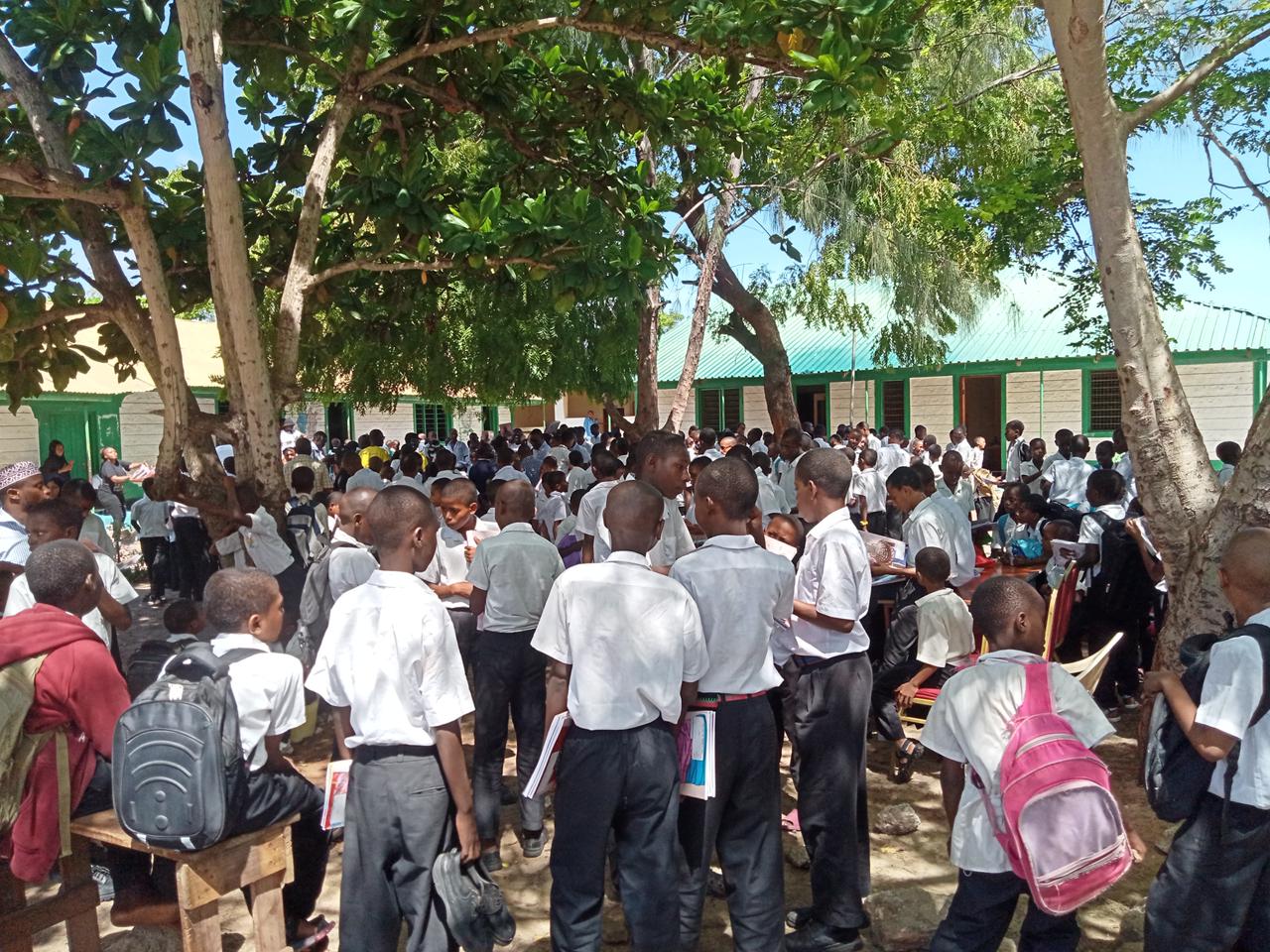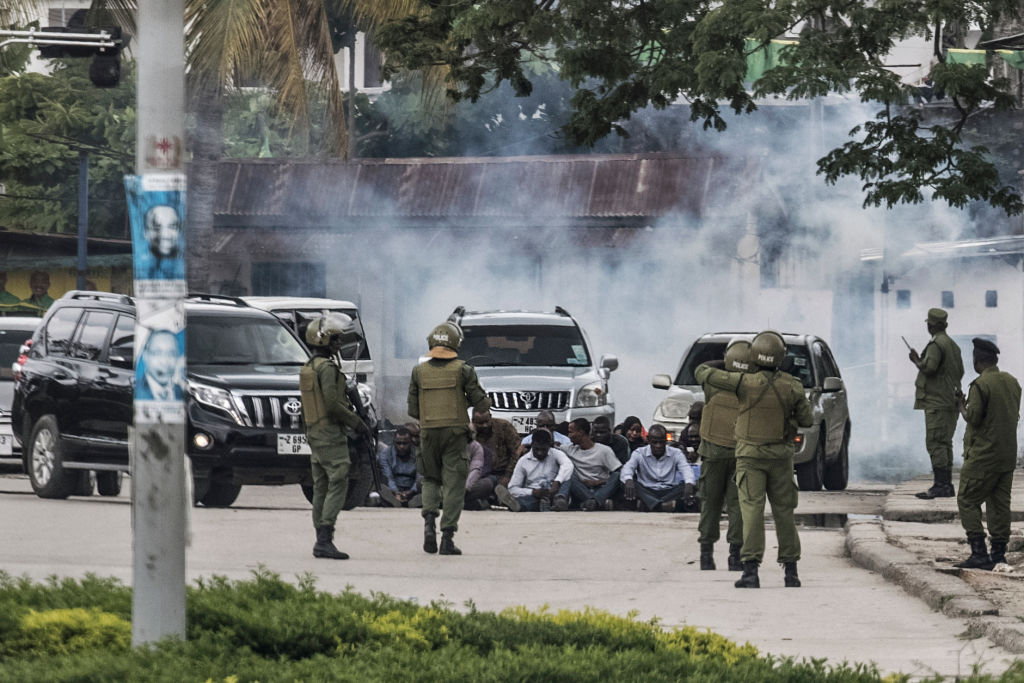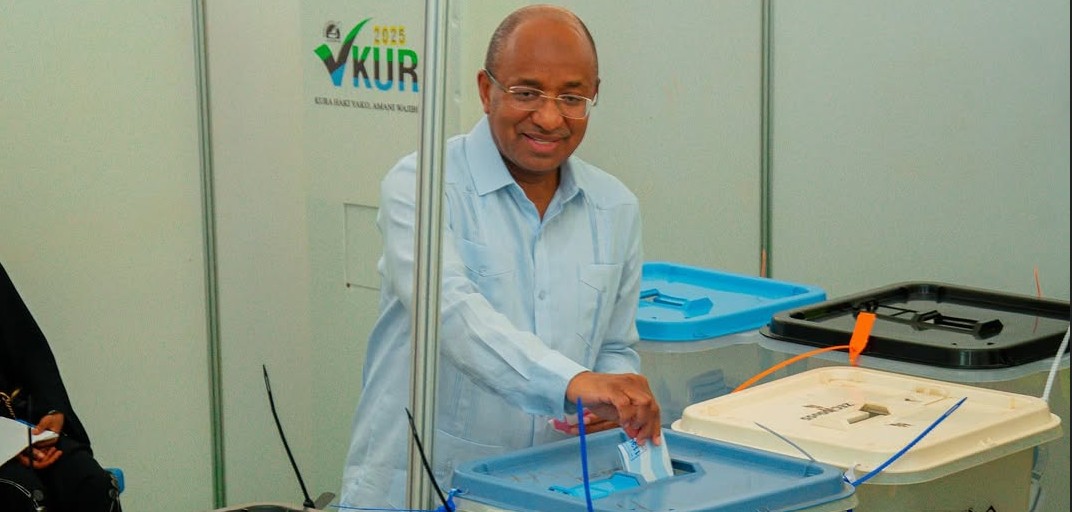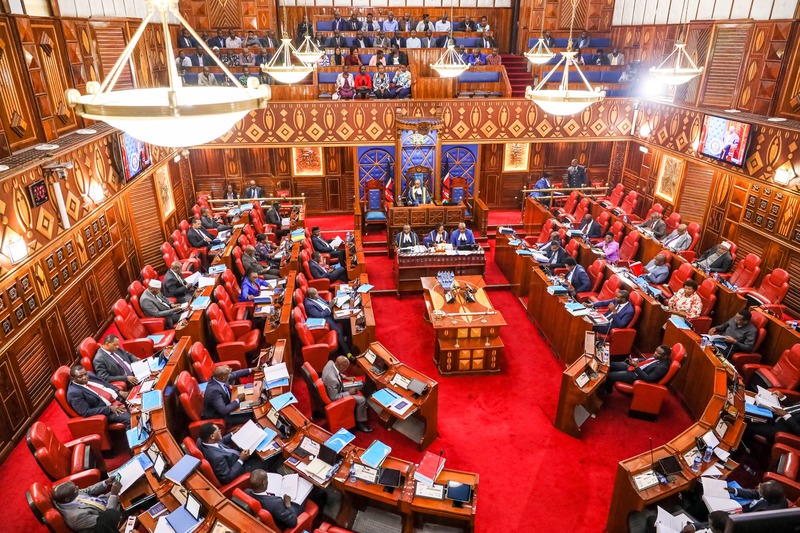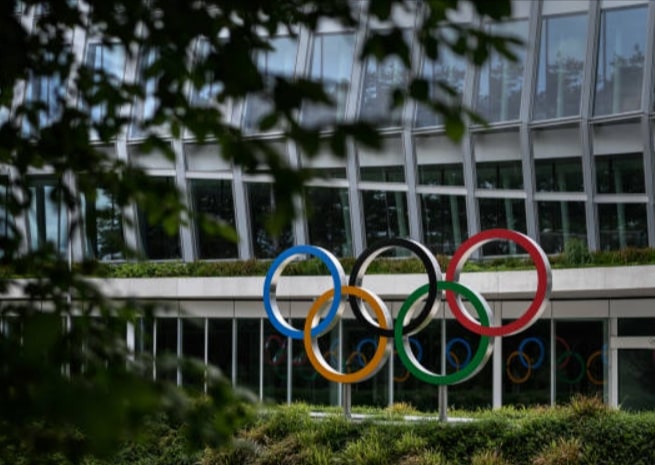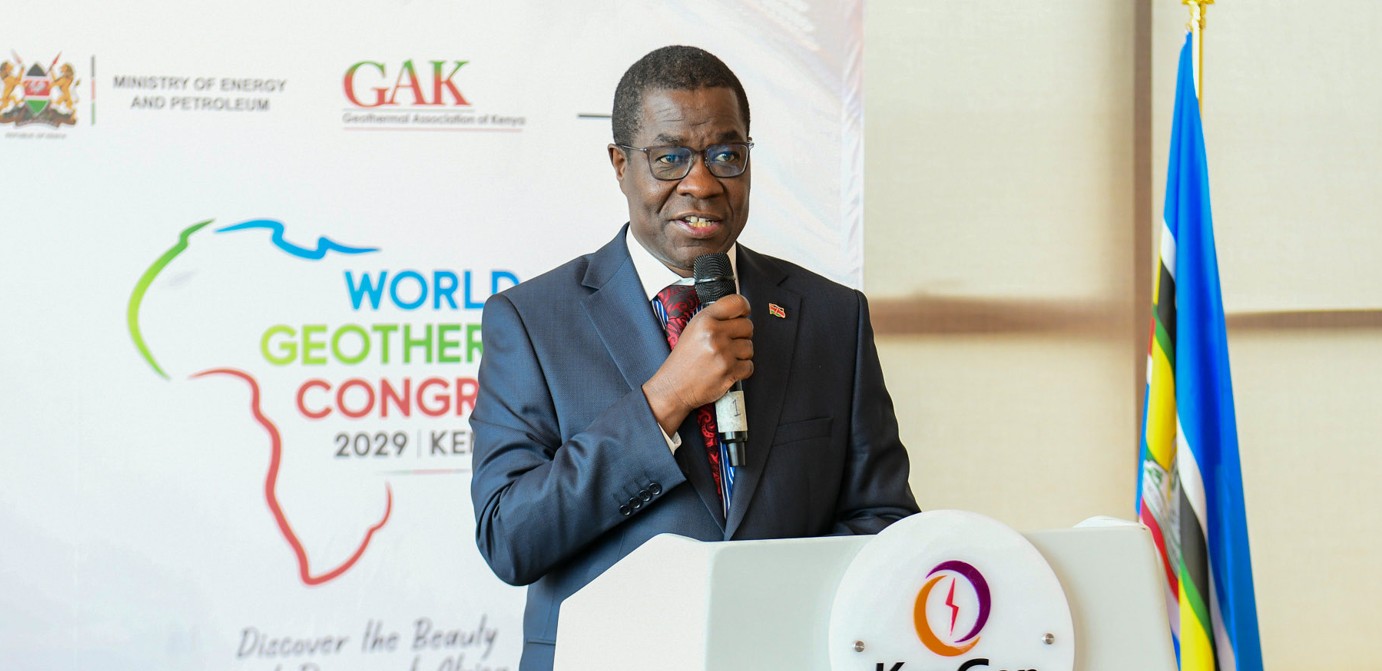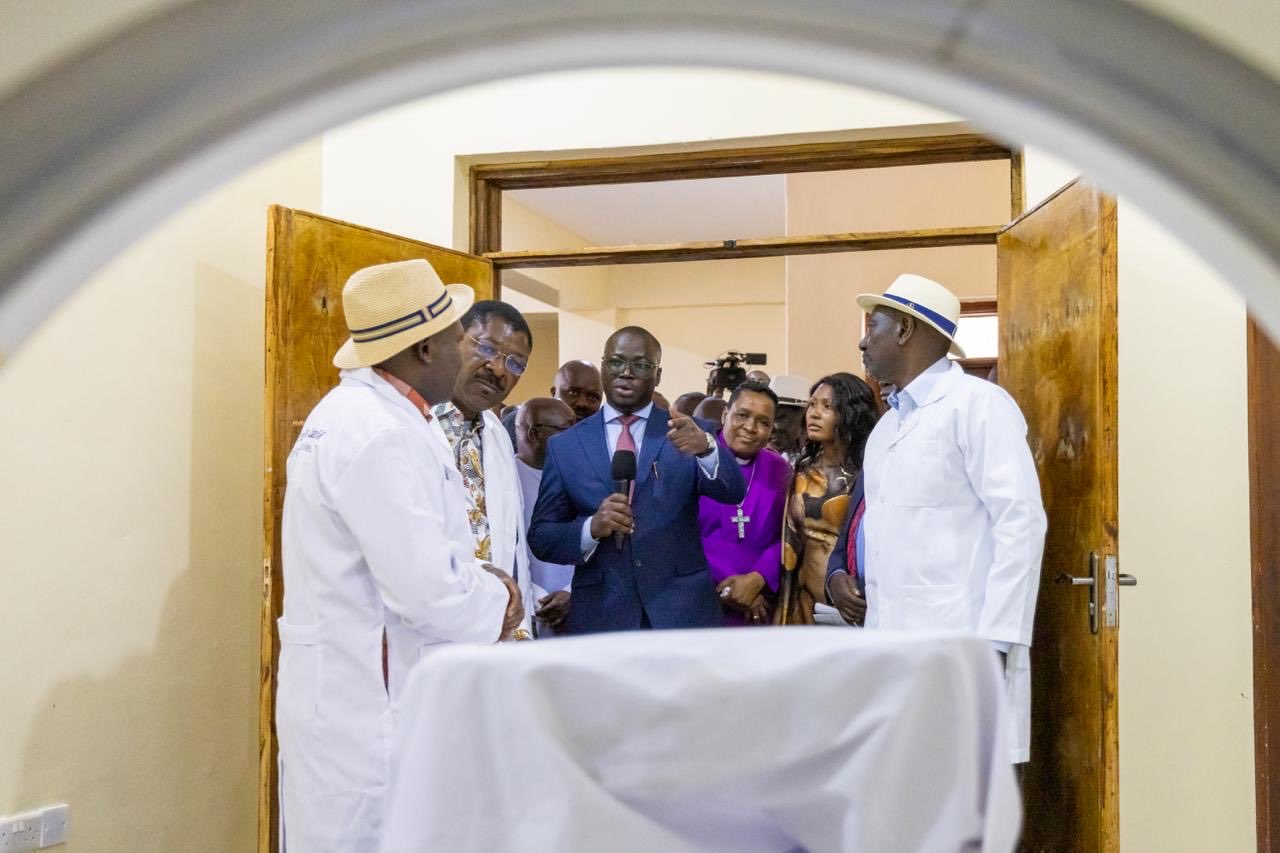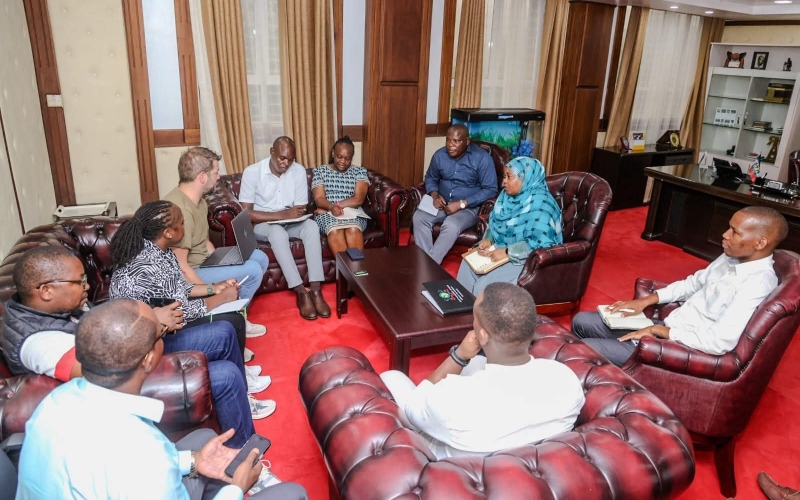IGAD reaffirms support for Somali-led peace efforts at Arta Peace Conference 25th anniversary
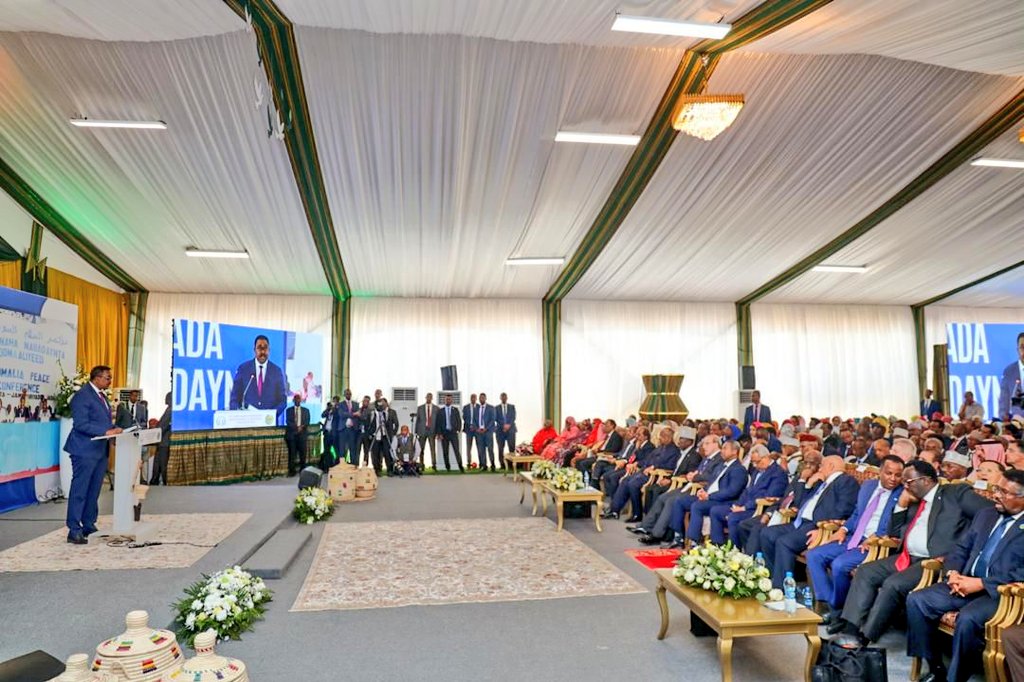
The 2000 Arta Peace Conference brought together more than 2,000 delegates and produced the first post-war Somali constitution, marking the rebirth of statehood,
The Intergovernmental Authority on Development (IGAD) has pledged ongoing support for Somali-led peace initiatives, citing the 2000 Arta Peace Conference as a turning point that restored Somalia’s government after years of civil war.
Speaking during the 25th anniversary commemoration in Arta, Djibouti, IGAD Executive Secretary Workneh Gebeyehu lauded Djibouti for providing a neutral space where Somali leaders, clan elders, women and civil society could negotiate the Transitional National Government.
More To Read
- South Sudan, Djibouti, Ethiopia and Uganda seal deal on Horn of Africa transport corridor
- IGAD demands action to protect civilians as Sudan conflict escalates
- Djibouti MPs vote to lift presidential age limit, strengthening Ismail’s hold on power
- East Africa to simplify cross-border travel and work through IGAD single visa initiative
- IGAD states pledge to protect migrants from trafficking and exploitation
- Garissa Governor Nathif Jama sounds alarm over Dadaab crisis at IGAD conference
The 2000 Arta Peace Conference brought together more than 2,000 delegates and produced the first post-war Somali constitution, marking the rebirth of statehood after nearly a decade without a functioning central authority.
Gebeyehu said the move demonstrated that peace could be achieved through inclusive, Somali-led dialogue rather than external imposition.
“Twenty-five years ago, when much of the world had given up on Somalia, Djibouti did not. Djibouti opened its doors and said: Our brothers and sisters are hurting, and we will not turn away,” he said.
He recalled how nearly a thousand delegates came not with guns, but with genuine grievances, hope and the belief that their country deserved better.
Gebeyehu praised the conference’s achievements, including the adoption of the Transitional National Charter, the first constitution written by Somalis on Somali soil in nearly a decade and the creation of a parliament where none had existed since 1991.
He highlighted the critical role of women, known as the “Sixth Clan,” in shaping an inclusive parliament and aiding national healing.
“Your Excellency, President Ismail Omar Guelleh, it is only through your vision and the generosity of the government and people of Djibouti that this was made possible,” Gebeyehu said.
“You provided not just a venue, but a sanctuary where former enemies could sit as equals. You showed us that regional solidarity goes beyond rhetoric; it is a deliberate choice, a painful sacrifice, and sometimes, a modern miracle.”
The ceremony, attended by Somali President Hassan Sheikh Mohamud, Djiboutian President Ismaïl Omar Guelleh, former Somali leaders, presidential hopefuls and regional diplomats, marked the laying of a wreath at the Arta Peace Memorial.
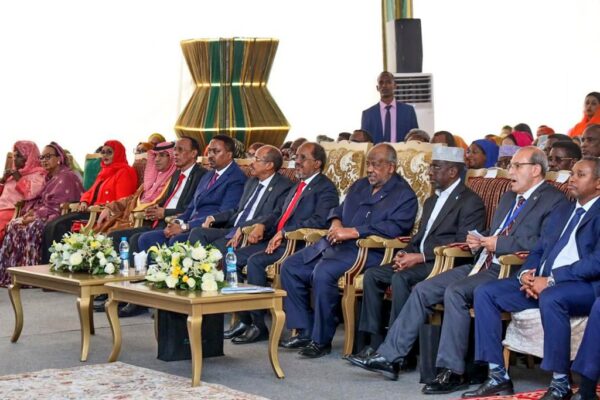 Some of the leaders and dignitaries present, including Somali President Hassan Sheikh Mohamud, Djiboutian President Ismaïl Omar Guelleh, and AUC Chairperson Mahmoud Ali Youssouf, during the 25th Anniversary of the Arta Peace Conference and inauguration of the Arta Peace Memorial Park in Arta, Djibouti. (Photo: IGAD)
Some of the leaders and dignitaries present, including Somali President Hassan Sheikh Mohamud, Djiboutian President Ismaïl Omar Guelleh, and AUC Chairperson Mahmoud Ali Youssouf, during the 25th Anniversary of the Arta Peace Conference and inauguration of the Arta Peace Memorial Park in Arta, Djibouti. (Photo: IGAD)
President Ismaïl Guelleh described the Arta talks as “a historic milestone that demonstrated Djibouti’s enduring commitment to peace, unity and the rebuilding of Somali governance.”
He said the spirit of Arta continues to embody “hope, collaboration and Somali ownership of reconciliation.”
President Hassan Sheikh expressed gratitude to Djibouti for its sustained support over the past 25 years, calling it “a steadfast ally that stood with Somalia during its most fragile years.” He urged regional governments to strengthen cooperation to safeguard stability in the Horn of Africa.
The Arta Conference, convened in May 2000 after failed reconciliation attempts in Ethiopia, Egypt and Kenya, took a more inclusive approach. Djibouti invited clan elders, intellectuals, women’s representatives and religious leaders to deliberate on Somalia’s future.
The gathering introduced the 4.5 clan power-sharing formula, granting equal representation to the Darod, Dir, Hawiye and Rahanweyn clans, and a half share to minority groups. Women’s organisations, collectively known as the “Sixth Clan,” also secured formal representation for the first time in a Somali peace process.
After four months of negotiations, delegates adopted the Transitional National Charter, paving the way for Somalia’s first post-war government.
On August 26, 2000, former Interior Minister Abdiqasim Salad Hassan was elected president, marking the first internationally recognised Somali administration since 1991. The TNG quickly gained recognition from the United Nations, the Arab League and the African Union, reestablishing Somalia’s diplomatic presence globally.
Gebeyehu reminded attendees that while Somalia continues to face challenges, including the persistent threat of al-Shabab, climate shocks and federalism debates, the Arta spirit endures.
“To all of us gathered here: let us leave Arta recommitted to dialogue over division, to patience over patchwork solutions and to the unshakeable belief that peace, even though fragile, is always possible,” he said.
Djibouti’s Foreign Minister added that Somalia’s ongoing peace efforts reflect the same Somali-led principles that guided the Arta Conference, emphasising that neutral ground and impartial hosts can change history.
“The spirit and vision of Arta live on. They remind us that peace in Somalia and across our region must always be built through dialogue, not division,” President Ismaïl Guelleh said.
Top Stories Today








